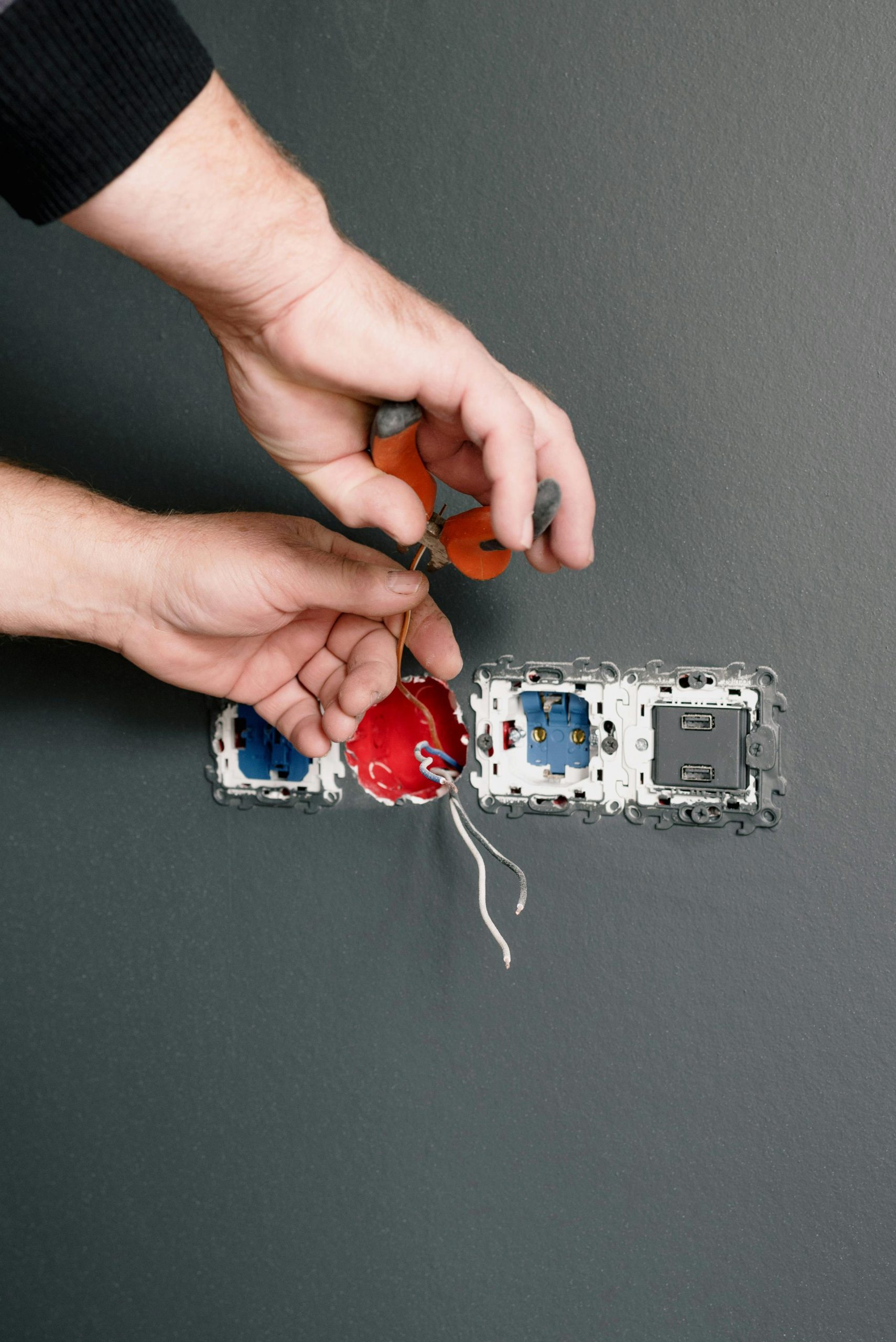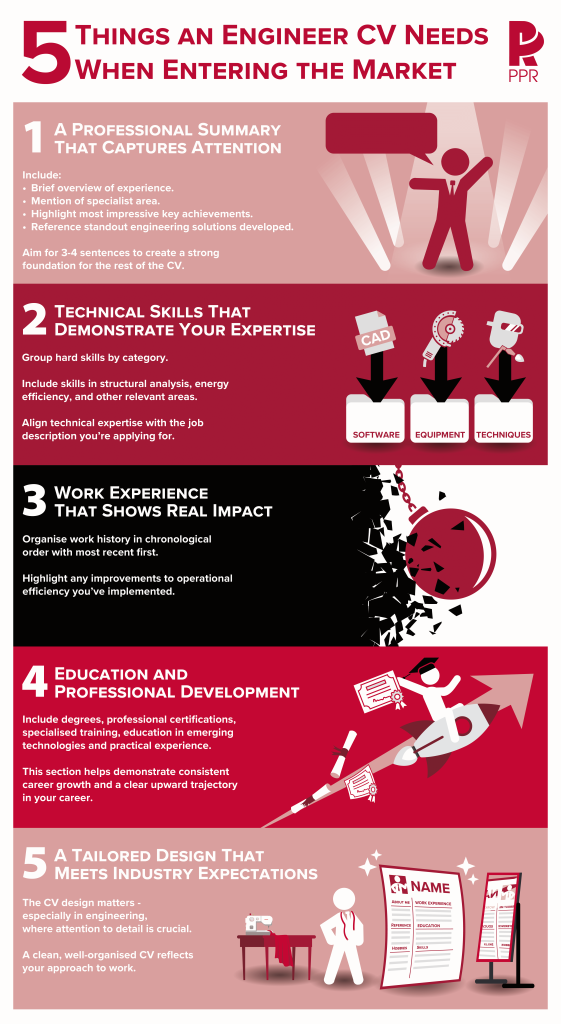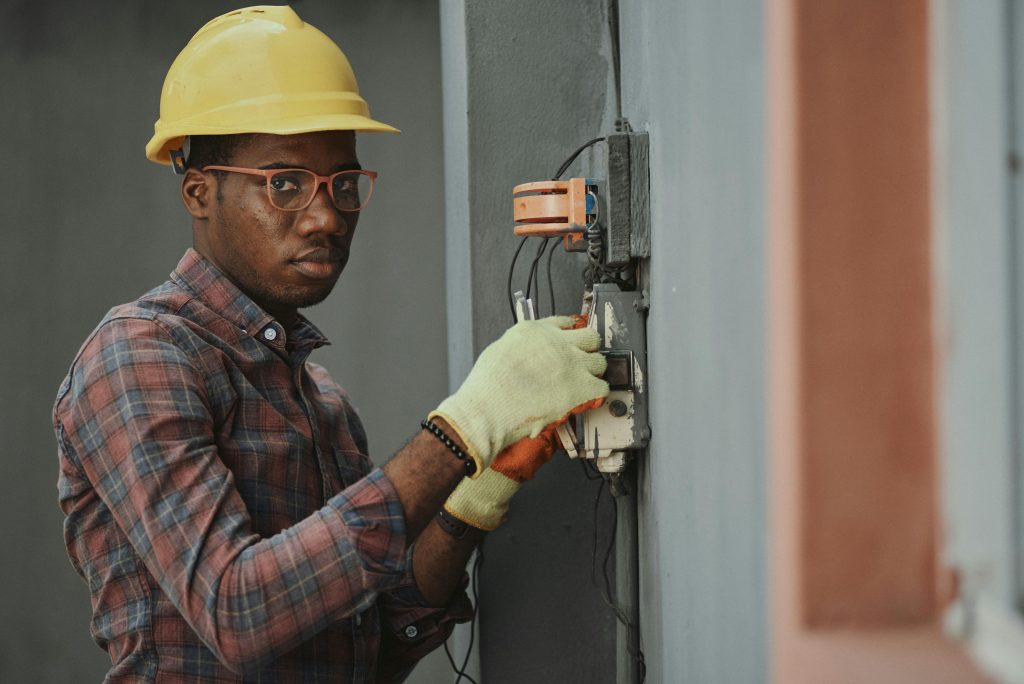5 Things an Engineer CV Needs When Entering the Market

At PPR, we’ve seen thousands of engineering applications over the years, and we know what makes hiring managers take notice and what makes them move on to the next candidate.
Your CV needs to showcase your abilities clearly, especially when you’re a graduate or just joining the industry. In such a competitive field, technical skills and practical knowledge are highly valued, and your best bet is to present them clearly.
Here are five critical things that your engineering CV should contain to stand out in today’s job market.

-
A Professional Summary That Captures Attention
Your professional summary should sit right below your CV header and immediately tell potential employers why you’re worth considering. This isn’t just about stating your job title – it’s about showcasing your value.
What to include:
- A brief overview of your years of experience
- Mention of your specialist area (like mechanical engineering or civil engineering)
- A highlight of your most impressive key achievements
- Reference to any standout engineering solutions you’ve developed
For junior engineers, focus on your education, internships and any relevant coursework that demonstrates your understanding of engineering principles.
Remember, this section isn’t your life story – aim for 3-4 sentences that create a strong foundation for the rest of your CV.
-
Technical Skills That Demonstrate Your Expertise
Engineering is a technical field, and employers want to see a dedicated skills section that clearly outlines your capabilities. The right CV format will make these easy to spot.
Group your hard skills by category (software, equipment, techniques), and include skills in structural analysis, energy efficiency, and other relevant areas. Don’t forget to mention any knowledge of regulatory compliance standards.
Your technical expertise should align with the job description you’re applying for. An application for the automotive industry will need different highlighted skills than one focused on civil infrastructure.
-
Work Experience That Shows Real Impact
Your work history needs to do more than list where you’ve worked, it should demonstrate the impact you’ve made through your engineering projects.
Organise in chronological order, with the most recent positions first. Include company name, position, and dates for each role. Rather than listing duties, focus on specific achievements and quantify results where possible.
Highlight any improvements to operational efficiency you’ve implemented, mention project management responsibilities and outcomes, and note adherence to quality standards and design specifications.
Even for professional experience that seems unrelated, try to draw out transferable skills. For instance, customer service roles can demonstrate communication abilities, valuable soft skills in engineering teams.
-
Education and Professional Development
Your education section should include formal qualifications and ongoing learning, showing a commitment to professional development and career growth.
Include degrees, with institutions and graduation dates, professional certifications and memberships, specialised training in innovative design solutions, continuing education in emerging technologies, and practical experience gained through educational projects.
This section helps demonstrate consistent career growth and a clear upward trajectory in your career. It signals to employers that you’re committed to staying current in your field.
-
A Tailored Design That Meets Industry Expectations
The CV design matters – especially in engineering, where attention to detail is crucial. A clean, well-organised CV reflects your approach to work.
Ensure concise presentation of information and maintain a professional tone throughout. Include your contact details prominently at the top and consider including a link to a portfolio for innovative solutions you’ve developed. Keep formatting consistent and easy to scan and stick to best practices for your specific engineering discipline.
Many engineers make the mistake of creating overly dense documents. Remember that hiring managers might only spend 30 seconds initially reviewing your CV, and you should make those seconds count with a clean design and clear highlights of your key qualifications.

The Importance of a Strong Cover Letter
While not technically part of your CV, a well-crafted cover letter complements your application by expanding on your most relevant engineering skills and explaining your career goals. It’s your chance to show personality and explain why you’re interested in the specific role.
Your cover letter should connect your key skills to the job description and explain how your work experience has prepared you for the role you’re applying for.
How PPR Can Help Engineers Stand Out
At PPR, we specialise in helping engineers at all career stages present themselves effectively to employers. We understand what companies in the telecommunications, industrial, aviation, rail, and construction sectors are looking for in technical candidates.
We can help you identify which CV examples match your target roles, ensure your career progression is clearly demonstrated, and advise on how to showcase your technical skills effectively for specific sectors.
Unlike generic resume builder tools, we can provide personalised guidance based on actual market demands and hiring manager preferences.
Beyond that, we specialise in putting great people into great roles, so we can help in all aspects of your future work.
Ready to Improve Your Engineering CV?
If you’re looking to improve your engineer CV or want advice on opportunities in the engineering sector, contact PPR today. Our team specialises in technical recruitment and can help you present your skills effectively.
Call us on 01895 808188 or upload your current CV through our website. We’re here to help you take the next step in your engineering career.
Frequently Asked Questions
What are the most important skills to highlight on an engineer’s CV?
Technical skills specific to your engineering discipline should be prominent, along with project management experience, problem-solving abilities, and knowledge of industry standards. Use bullet points in a dedicated section to highlight these key skills and make your CV more effective.
How can PPR help me find engineering roles?
PPR specialises in technical recruitment across multiple sectors including telecommunications, industrial, aviation, rail and construction. We connect qualified engineers with potential employers and guide candidates through the application process to propel their career trajectory.
Should I include non-engineering work experience on my CV?
Yes, if it demonstrates transferable skills relevant to engineering roles. For example, customer service positions can show communication abilities, other jobs might demonstrate problem-solving skills, and any leadership role highlights management potential. Just make sure to focus on critical areas that are most relevant to engineering.
More From Us
Expert Tips to Improve your CV
5 strategies for building a successful career in construction






